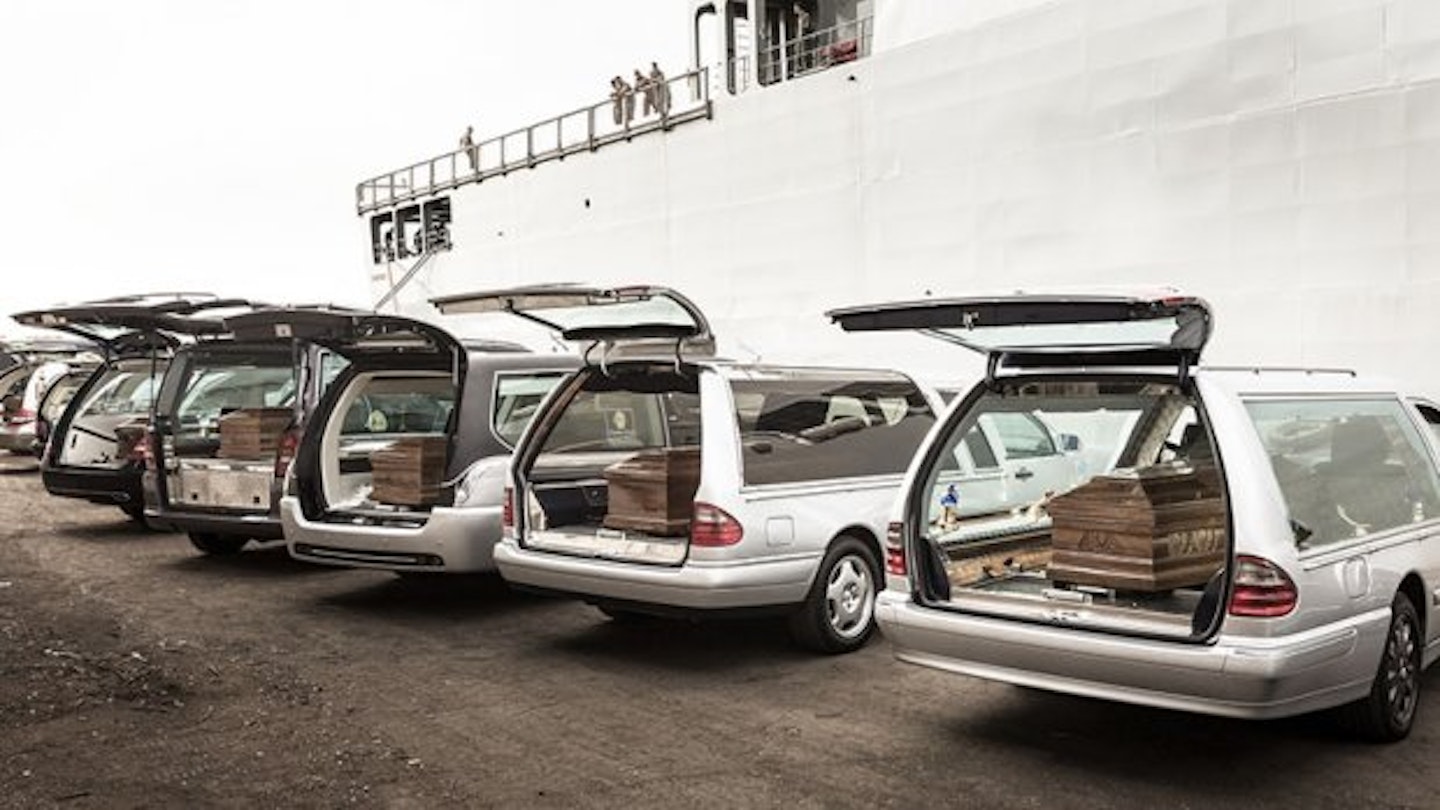When was the last time you spoke to anyone about the refugee crisis? It’s not a trick question, nor is it a very nice one, but the reality is that it’s taken the deaths of 26 teenage girls for many of us to remember that this is a thing that’s still going on. The even more depressing realisation to take from it though, is that this particular case really isn’t uncommon.
The bodies of 26 young women between the ages of 14 and 18-years-old thought to be from Nigeria or Niger were recovered in the Mediterranean Sea on Sunday. They were found on a route frequently taken by people forced to take the dangerous journey from Africa to Europe and while the discovery has served as a stark reminder of the continued prevalence of the migrant crisis, the head of police in Salerno, a city in Campania on the south-western coast of Italy, told CNNthat ‘autopsies would be carried out on Tuesday and that coroners would be investigating whether the girls had been tortured or sexually abused’, which sadly is an entirely plausible scenario and isn’t uncommon either.
‘There are extreme things going on and I don’t actually think it’s happening less, it is not being noticed quite as much’, Professor Ryszard Piotrowicz from Aberystwyth University told The Debrief. Professor Ryszard also consults to several international organisations and states on people trafficking and refugee law. ‘It will continue as long as there’s chaos in Libya and people who live in countries south of Libya are still in the situation where they have to flee in their view because there is no chance to make a decent life in their home countries. Europe tends to look so attractive that they will risk their lives.’
He explained that people who are travelling up the coast from places like Nigeria in sub-Saharan Africa tend to go through Libya and the women, in particular, are extremely vulnerable to the smugglers and traffickers who are based there. ‘It’s widely known that Libya is very, very dangerous to the extent that some women who decide to embark on the journey actually take long-term contraceptives before they go because they know there’s a very high chance that they will be raped.’
While the circumstances of the young women's journey and subsequent death are yet to be confirmed, Professor Ryszard explained that 'there’s a well-established pattern over many years now of Nigerian women going to work in Italy in the sex trade. Apparently, 23 of the teenagers had been on a rubber boat shared with 64 other people before being rescued by the Spanish warship which transported them to Italy. The BBC reports that five people are being questioned in relation to the deaths however, the Agence France Press has reported that the police chief thinks that sex trafficking routes tend to be different'.
Police have reportedly appealed to neighbouring towns to help provide a 'dignified burial' for the young women.
You might also be interested in…
The Reality Of Being A 20-Something Female Refugee In Greece
Follow Jazmin on Instagram @JazKopotsha
This article originally appeared on The Debrief.
